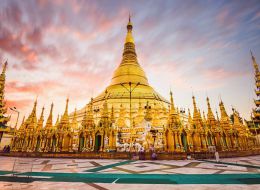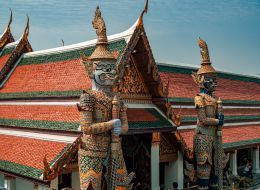We’re so confident about our best prices for your trip that we guarantee it. The price quoted to you is the price you pay!
It means you can change booking dates, choose a different tour and receive credit if your plans change!
Find a local who will help you to plan your trip! Our staff will be delighted to assist you, in order to provide you a memorable experience.
About Us
We make your holidays memorable!

"Australian Business Number(ABN): 81 202 587 819"
Swallow Travel is a team of professionals whose aim is to bring satisfaction and pleasure to our customers by offering them bucket-list experiences at unbelievable prices. We provide tours, hotel bookings, flight bookings and other travel services in Vietnam, Laos, Cambodia, Thailand & Myanmar with the Best Price Guaranteed. We also offer customized tours in Indochina for both, individuals as well as groups, with a wide range of options. We selectively cooperate with trusted partners including hoteliers, cruise lines and local suppliers to provide a perfect trip in Indochina for travelers at the lowest cost. We are dedicated to serving our clients before, during, and after travel and most of our clients come to us by way of personal referrals, or are repeat clients. We are very proud of the greatness of our homeland and its neighbors, and it is our absolute pleasure to show you everything we love about our region. Our truly devoted team loves what they do, and their enthusiasm and outstanding knowledge to provide the best experience for our customers. The team at Swallow Travel will ensure your holiday is an experience you will reflect on with family and friends for years to come.
Our Mission
"Our mission is to offer you the best service with best price so that you can have the adventure of a lifetime that is exciting, comfortable and worry-free."
Our Core Values
Travel is an experience that should be enjoyed by everyone and we are proud to make it an affordable option for all. We believe that people to people contacts bring enriching experiences to life.
In order to match the expectations of our customers, even exceed them, we are based on the following core values:
Why Book With Swallow Travel?
✔Best Price Guarantee
We’re so confident about our best prices for your trip that we guarantee it. Found a lower price elsewhere? We will match it! Our prices are guaranteed, all inclusive with absolutely no hidden fees or charges. The price quoted to you is the price you pay!
✔ Booking with flexibility
If you’re ready for your next trip but want the freedom to change your plans, you can book with us in absolute confidence.- Change booking dates: You’re not locked in. Things can change, and we allow you to choose a different booking date.
- Choose a different tour: In case your new dates and your previous tour no longer work out, we will let you choose a different tour.
- Receive credit if plans change: If you can’t pick your new dates and tour at the time of cancellation, we will offer you a credit towards a future trip.
✔ Customize Your Trip
Find a local who will help you to plan your trip! If you require a tailored assistance, do not hesitate to contact our local experts. In case you are looking for the perfect holidays, our staff will be delighted to assist you, in order to provide you a memorable experience.
✔ 24/7 Customer Support
To provide the best customer support to our valued customers, we are available 24/7 to answer any queries via online chat, phone or email.
✔Good Honest Service
At Swallow Travel we think differently about the service we provide to our customers. We strive to make it the best available in the market.
Our company is ranked among the best tour operators on Stride travel, where you can find our best Indochina tour packages.
Our Travel Deals
Find the best travel discounts and flash deals for your trip to Vietnam, Cambodia, Laos in 2024 &2025
Vietnam Tours
Save5%
![North to South of Vietnam or vice versa]()
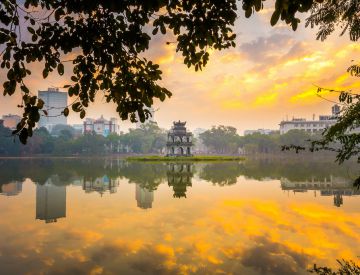
North to South of Vietnam or vice versa
7
Days
Hanoi,Halong Bay & more
per person twin share
Vietnam Tours
Save5%
![Vietnam Beach Getaway]()
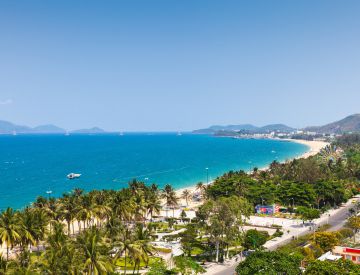
Vietnam Beach Getaway
8
Days
Hoian ,My Son Holy Land & more
per person twin share
Best Selling Cruises
The best selling Halong Bay cruises
Our Destinations
We offer Vietnam tours & Indochina tours to Cambodia, Laos, Myanmar, Thailand
24/7 Customer Support
Find a local who will help you to plan your trip! If you require a tailored assistance, do not hesitate to contact our local experts. Let's start planning your next adventure!
.png)
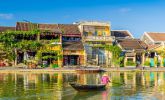
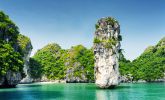
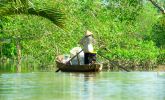
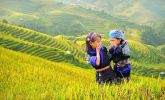
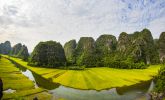
.png)
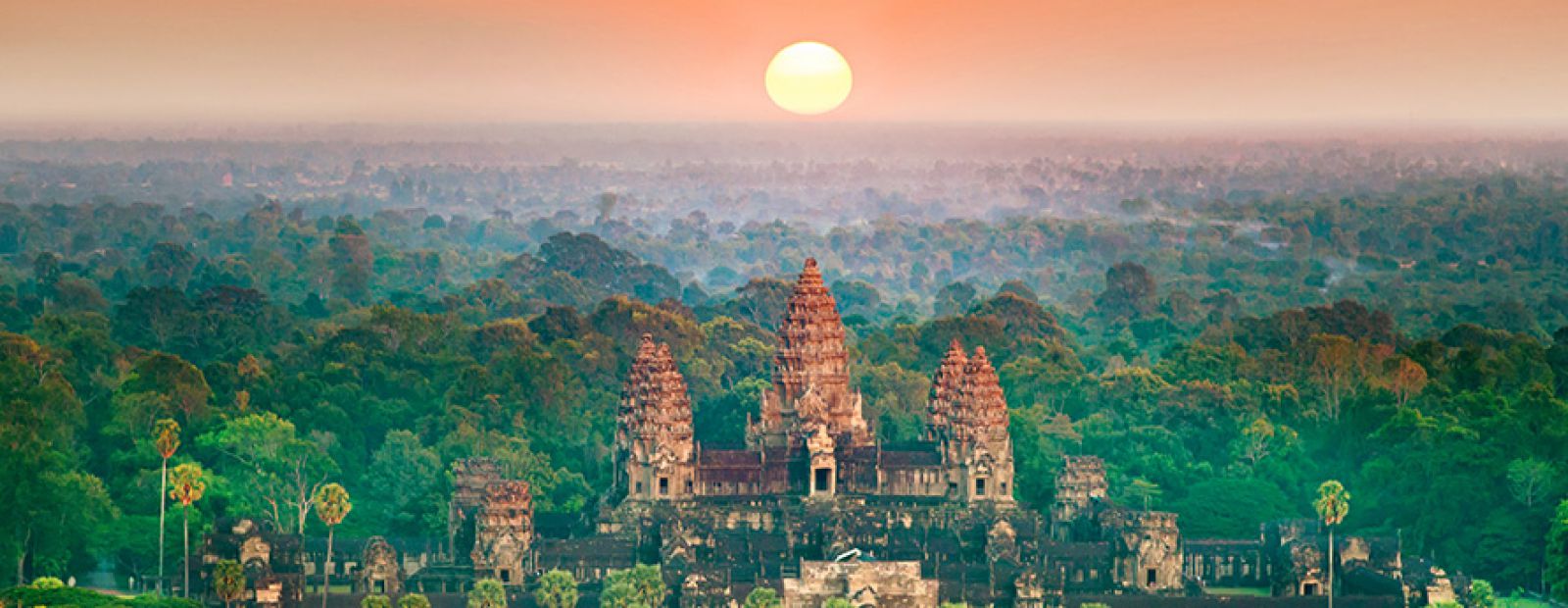
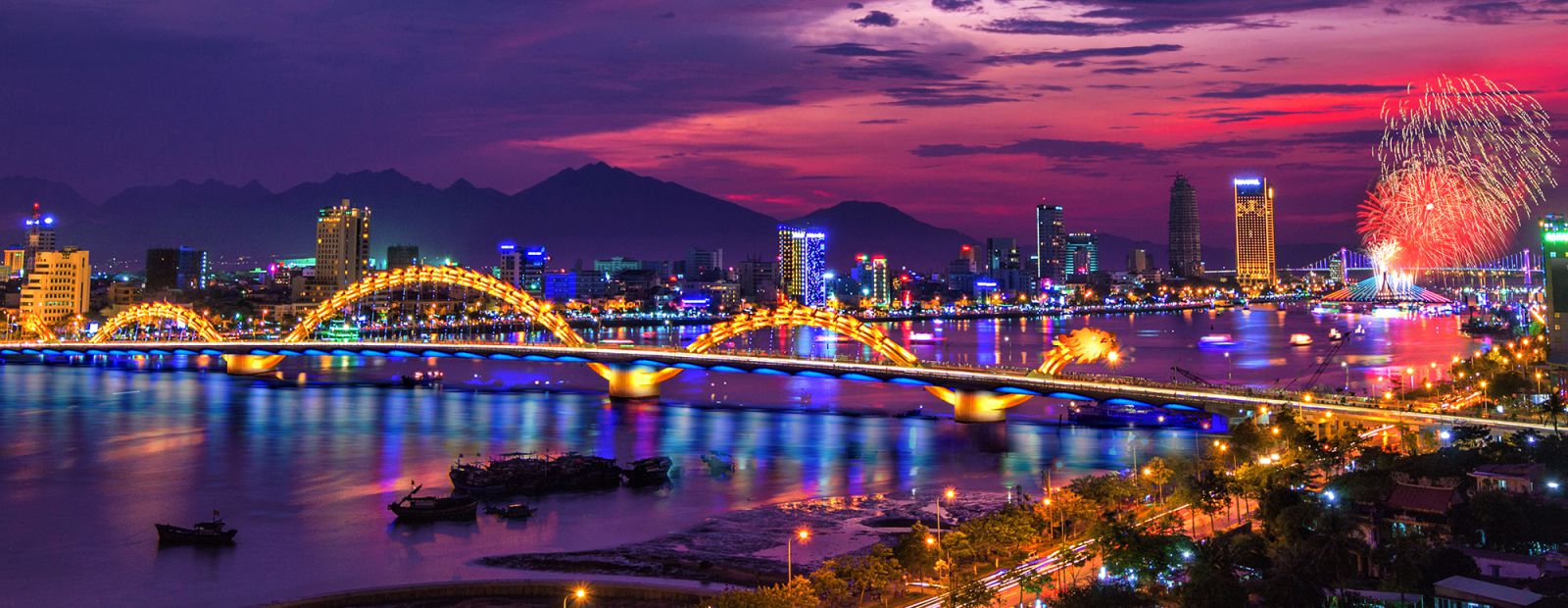
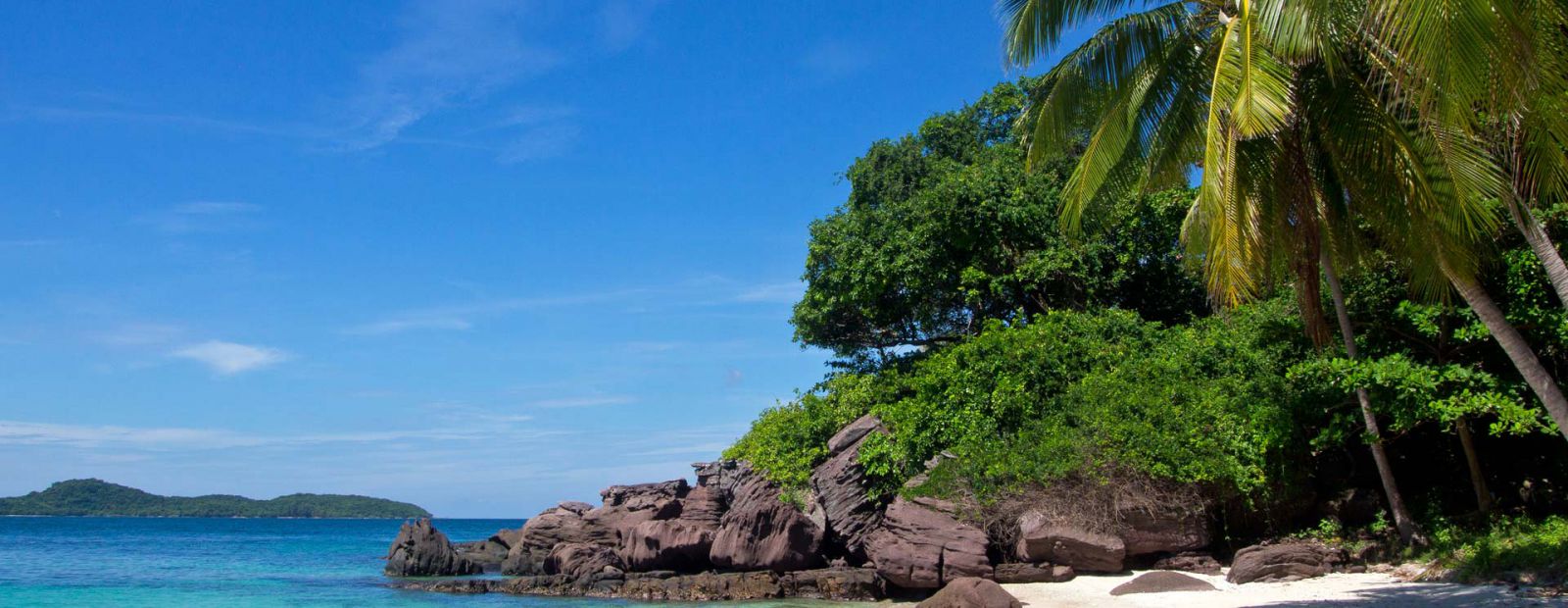
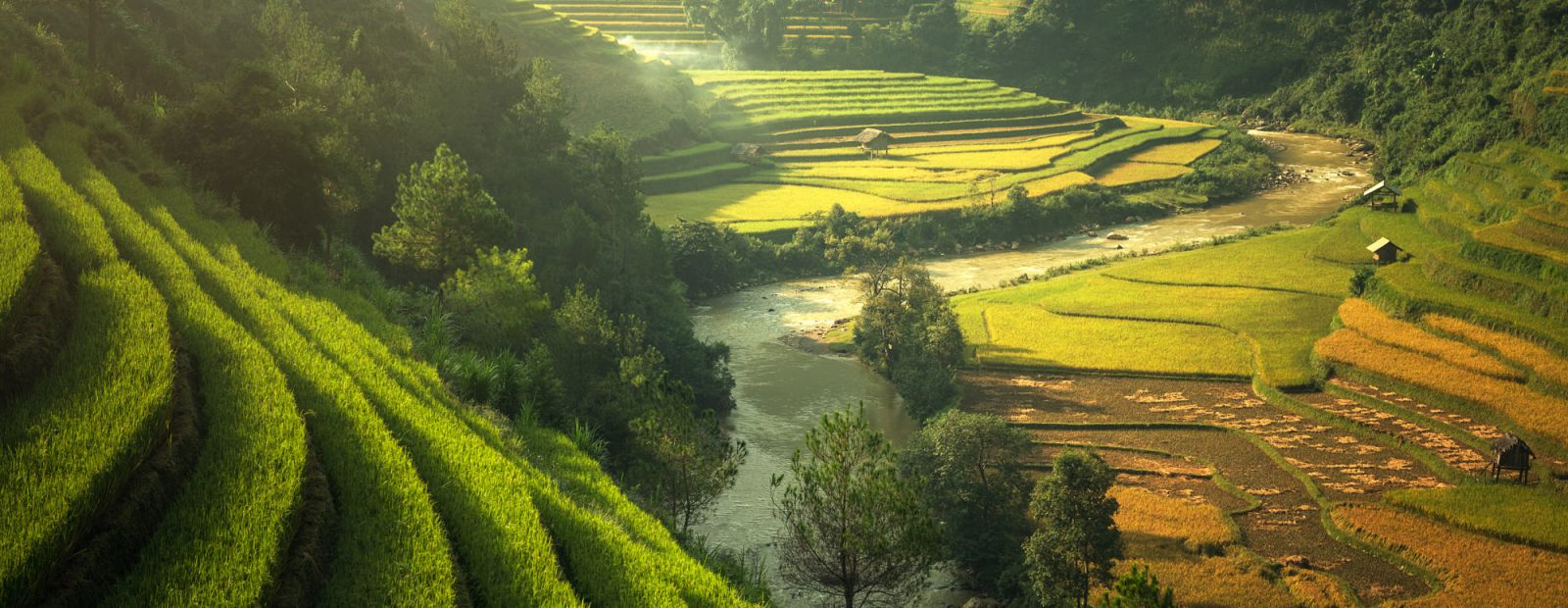
.jpg)
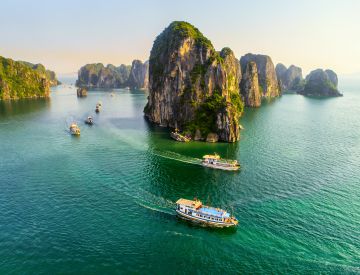
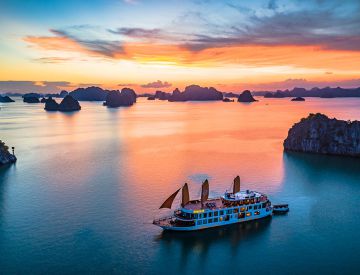
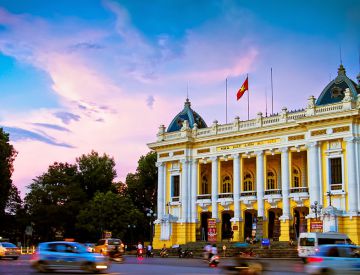
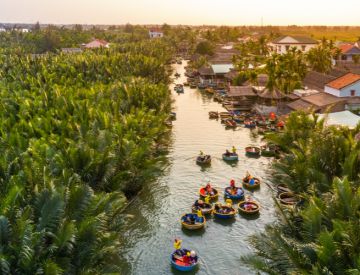
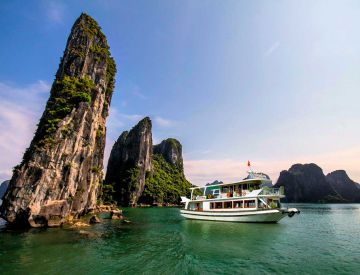
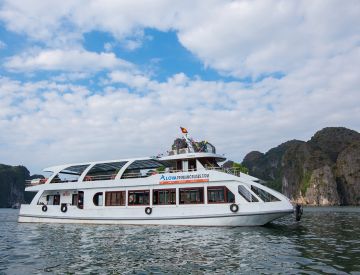

.jpg)
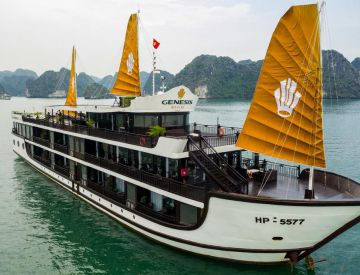
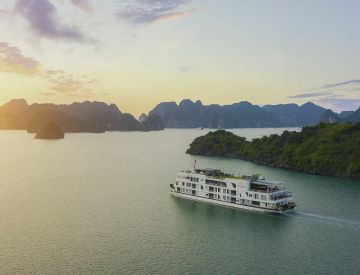

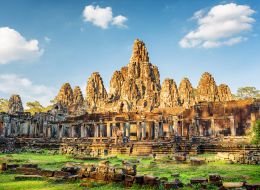
.jpg)
